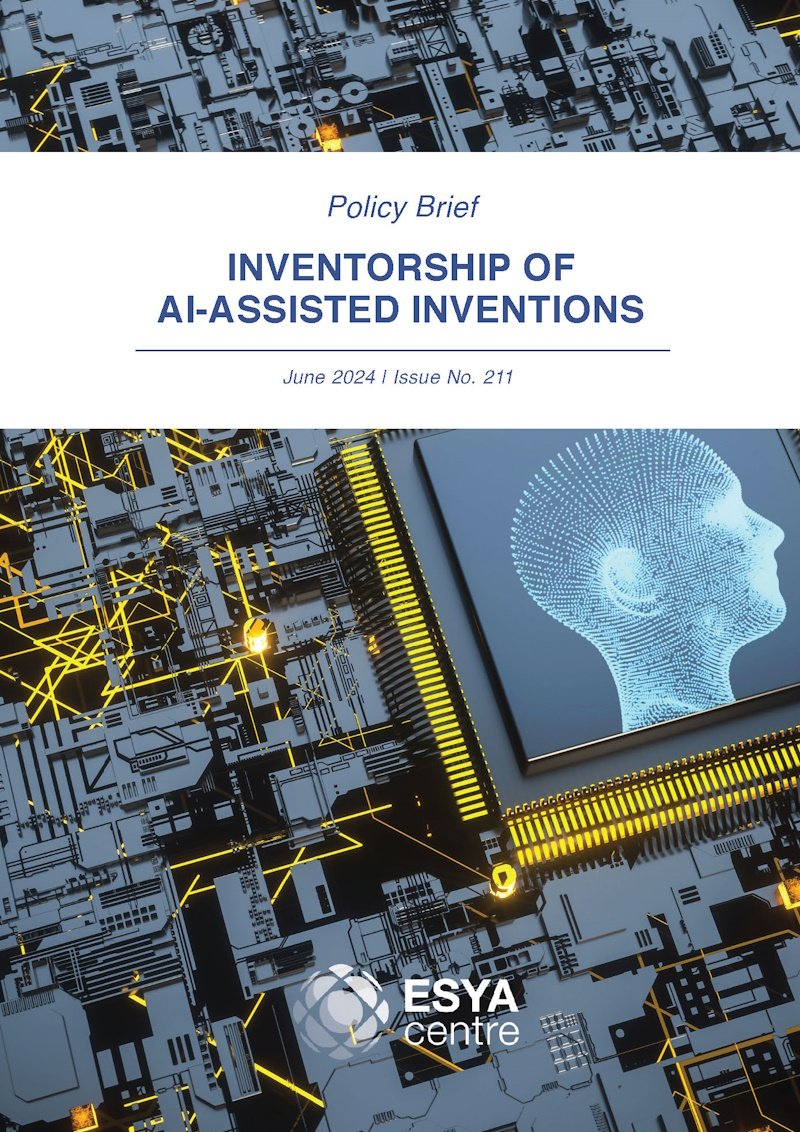Description: This report debunks claims regarding market concentration around a few so-called “frontier” AI foundation models in the Indian context. It contains key insights from a survey of 50 Indian companies regarding their AI usage patterns and preferences conducted in January 2025. It finds that a majority of the Indian AI businesses surveyed use multiple models (i.e. multi-home) across different AI models. These findings indicate that for the moment, there are limited concentration concerns in the market for foundation models. In such a scenario, antitrust analyses of these models and markets may be premature.
Attribution: Meghna Bal and Shweta Venkatesan. Multi-Homing in AI: An Empirical Evaluation of How Indian Businesses Use AI Models. Working Paper Issue No. 215, March 2025, Esya Centre.





















